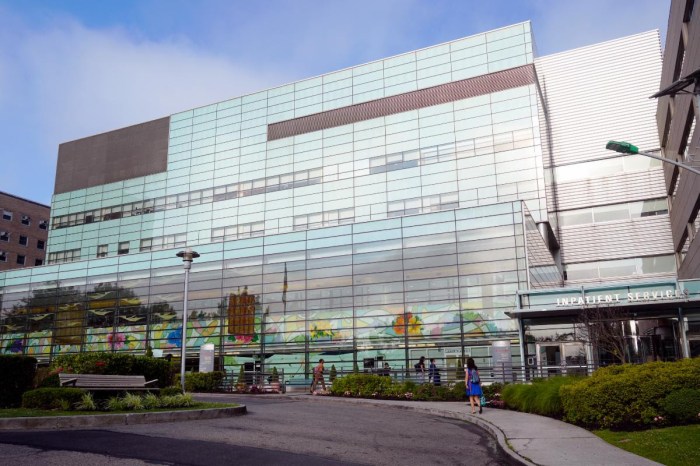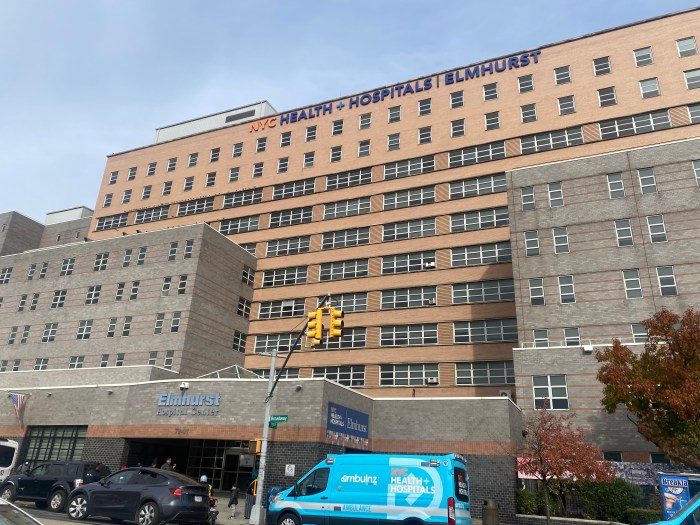What is Hypertension?
Hypertension or high blood pressure is perhaps the most common and the most “silent” medical condition today. If it is not well controlled, it has serious detrimental consequences either in an emergent way or in a long-term condition.
Blood pressure is the pressure that exists in the arteries created by the pumping of the heart with each heartbeat; this is Systolic or the top number pressure. When the heart relaxes the pressure falls to a certain point in the arteries before the next beat; this point is Diastolic or lower number pressure.
According to the medical guidelines, blood pressure is termed high or Hypertension when the Systolic is more than 140 or Diastolic is more than 90 (140/90). Normal blood pressure is 120/80 and numbers between 120/80 to 140/90 is termed Prehypertension.
What causes Hypertension is most of the times a mystery. Perhaps it is related to genetic predisposition and in many cases it runs in the family. This type of hypertension which is more 90 percent of cases is termed Essential Hypertension. The cause is unknown, given thorough normal work up performed by treating physician.
However, some have hypertension not due to a disease but due to their lifestyle or other preventable conditions. These include excessive alcohol consumption, smoking, cocaine use, obesity, certain drugs (steroids, appetite suppressants, certain cold medications like Pseudoephed), birth control pills, pain, and anxiety/stress.
There are also known conditions that promote or cause Hypertension. These include kidney disease, renal artery stenosis, diabetes, hormonal problems (namely Pheochromocytoma, Hyperaldosteronism, and thyroid disease), sleep apnea, and coarctation of the aorta. Appropriate tests should be done to rule out these conditions as the culprit of Hypertension.
Hypertension has famed itself as the “silent killer” as many do not have much symptoms or very vague prior to terrible consequences. When symptoms occur, usually the hypertension is severe and needs emergent attention. Usually the blood pressure is above 190/100 and symptoms may present as headache, blurry vision, confusion, chest pain (particularly if it’s radiating to the back), lethargy, and/or irregular/racing of the heart rhythm.
Untreated hypertension has many consequences. It can lead to kidney disease and eventually dialysis dependency. It can cause stroke, heart attack, heart failure, arrhythmias, stiffening of the arteries in the body, vision impairment and aortic dissection which is tear in the wall of the aorta.
Diagnosis is made simply by taking the blood pressure. However, despite normal readings, sometimes suspicion of elevated or cyclic elevated blood pressure exists.
I advise patients to get a home monitoring system to take their own blood pressure and keep a diary and bring it to their doctor’s attention. They can record when they feel any of the above symptoms or different times of the day to detect elevated blood pressure.
Also, blood pressure is taken usually at rest. However, our normal human body and mind is not in a steady state. We get emotional, angry, excited. Some of us exercise, work out or simply run in the morning to catch the train to get to work. What is our blood pressure during those times? It may be very high and we don’t know it.
A simple exercise treadmill stress test can mimic these conditions; blood pressure recorded at peak exercise can be recorded to make final diagnosis of elevated blood pressure.
Treatment of Hypertension is twofold: Lifestyle modification such as diet, exercise, decreased alcohol intake, weight loss, smoking cessation, etc. and medical therapy. If Prehypertension exists then lifestyle modification is first line of treatment.
It must be noted that the blood pressure numbers for hypertension may not correspond to elderly people specifically above age 80. Research has shown that even systolic pressure in range of 150s is perhaps normal for such age groups. Very low numbers such as 90 or 100 for the systolic range may cause fatigue, confusion, and even stroke.
Hypertension is a very common condition among many people in our society today. I recommend seeking medical attention if you have family history of hypertension or associated diseases as described.



































